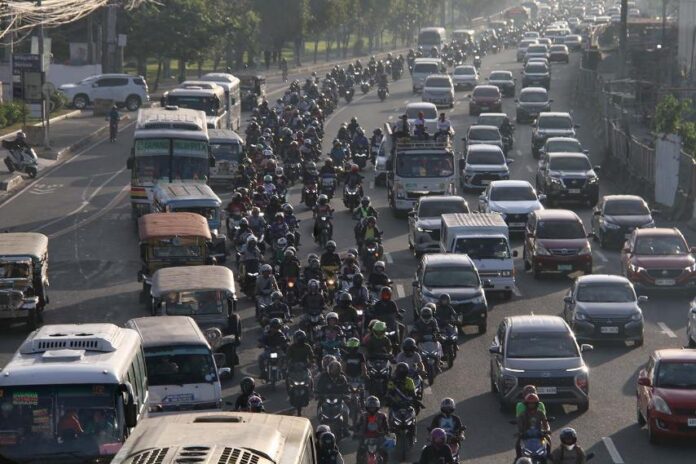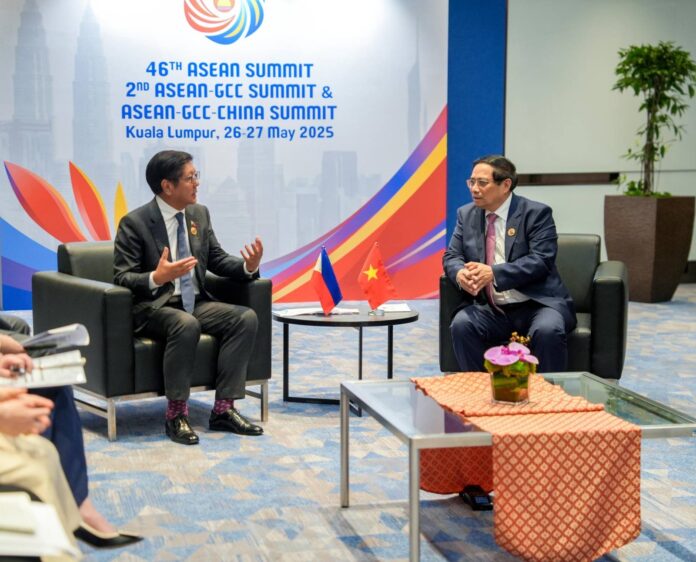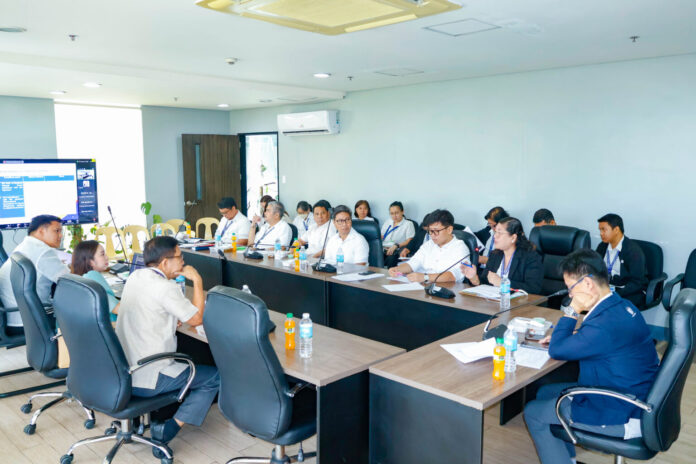The Metropolitan Manila Development Authority (MMDA) observed improved discipline among motorists along Commonwealth Avenue on Tuesday morning, marking the second day of the reimplementation of the No Contact Apprehension Policy (NCAP).
According to the MMDA Traffic Discipline Office-Central Traffic Enforcement District, the behavior of both vehicle and motorcycle drivers showed notable discipline during their monitoring that morning.
The agency also reported a decrease in travel time for public vehicles as traffic flow became more organized.
“By continuously adhering to traffic regulations, the order and safety of all road users can be ensured,” the agency said.
However, between midnight and 5 a.m. on Tuesday, May 27, the MMDA recorded 141 vehicles violating traffic rules in some areas. The majority of these violations occurred from midnight to 1 a.m., when 45 vehicles were caught on high-definition CCTV cameras.
On the first day of reimplementation, a total of 866 vehicles were apprehended.
The MMDA resumed the NCAP following a Supreme Court decision that partially lifted the temporary restraining order (TRO) imposed on the policy, which had been suspended since August 30, 2022.
Chairman Romando Artes indicated that the Supreme Court’s ruling would enable the agency to more effectively tackle traffic congestion on major thoroughfares in Metro Manila and enhance the welfare and safety of all road users.
With a major rehabilitation project set to begin on Epifanio de los Santos Avenue (EDSA) on June 13, the MMDA anticipates heavier traffic in the area.
The agency aims to promote road discipline among motorists through the reimplementation of the NCAP.
After the suspension of the NCAP in 2022, the MMDA noted an increase in traffic violations, as motorists felt encouraged to disregard traffic rules in areas without enforcers, since monitoring was only for record-keeping purposes.
This rise in violations contributed to road accidents and slower vehicular movement.
The MMDA enforces the NCAP based on Resolution 16-01, which took effect in 2016.
Unlike local government units in the National Capital Region that have their own versions, the MMDA’s NCAP operates in-house, meaning the CCTV cameras are owned by the MMDA and do not involve third-party service providers.
Through the NCAP, the MMDA and local government units can enforce traffic rules using advanced technology, including camera systems powered by computer vision and artificial intelligence.
The Supreme Court had issued a temporary restraining order against the NCAP in August 2022 following a consolidated case from various transport groups, which claimed that the policy’s implementation had been inconsistent and often affected by system glitches.









